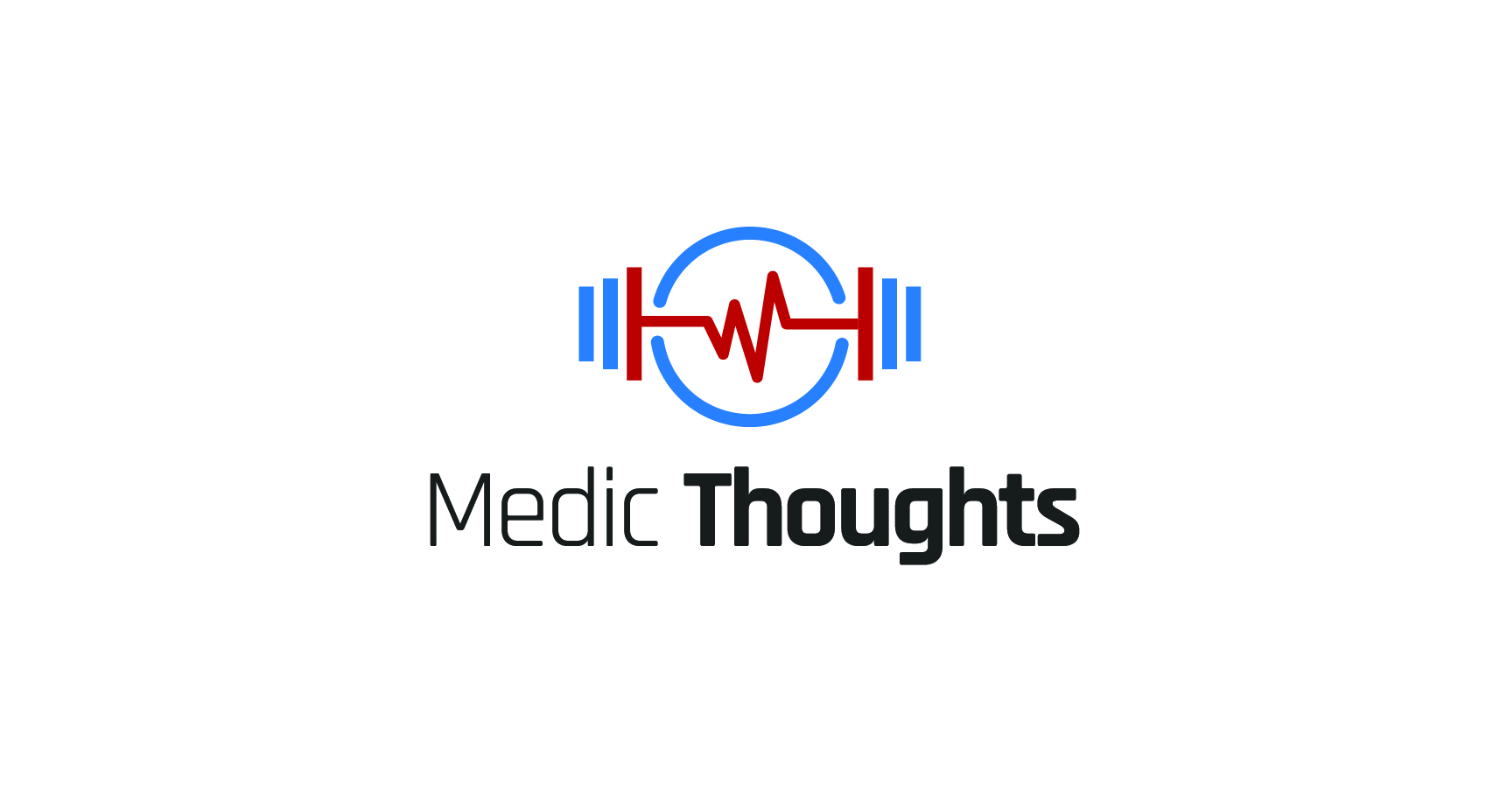A lower level of anxiety
Caffeine can give you an energy boost, but it can also cause anxiety symptoms like jittery nervousness and heart palpitations. This is your “fight or flee” response. You can reduce the amount of anxiety and trigger this response by reducing your intake.
Better Sleep
Because it increases alertness, caffeine is a popular choice to burn the midnight oil. It makes sense to cut it out for better ZZZs. Even if you don’t drink caffeine for 6 hours before bed, it can still cause insomnia.
Fewer Bathroom Breaks
Caffeine can be used as a laxative. You may feel the need to go further and often end up with loose stools. You can reduce your trips to the loo and increase your production by cutting back on coffee.
Weaker breasts
While there isn’t any evidence linking caffeine to breast pain, many women report feeling less soreness if they cut it out of their daily diet.
Slower skin ageing
Caffeine slows down your body’s ability to make collagen. This protein gives your skin its tightness, elasticity, and strength. Your skin will start to sag when it drops, and wrinkles will appear. As you age, it becomes slower. You can slow down the ageing process by getting rid of caffeine.
Dodging Dependence
Caffeine can alter the brain’s chemical structure, just like drugs. It is possible to become dependent and require more caffeine over time.
Better Nutrient Absorption
High levels of caffeine can prevent your body from getting the vitamins and minerals it needs. You could even be deprived of the vitamins and minerals you need if you drink a multivitamin with your morning coffee.
Stronger, whiter teeth
Three of the most popular caffeine delivery channels are tea, soda, and coffee. They can all stain your teeth due to their acidity or colour. Your mouth also becomes dry from caffeine. The best defence against bacteria is saliva, so the more saliva you have, the greater the chance of tooth decay.
Lower blood pressure
Caffeine can cause blood pressure to rise. Research suggests that caffeine may also cause your blood vessels to narrow, leading to lower blood pressure. You can skip the potential complications and blood pressure bumps of cutting caffeine.
Withdrawal Symptoms
You may experience various negative effects of caffeine is not a regular part of your daily routine. These effects include headaches, tiredness, sleepiness and trouble concentrating. You will feel the symptoms within a few days after stopping. These symptoms can last from 2 to 9 consecutive days.
Don’t Quit Cold Turkey.
Your best option is to take a step-by-step approach. Start by replacing half your morning coffee with decaf. You can gradually replace caffeine-rich foods and drinks with caffeine-free alternatives to ease withdrawal symptoms.
Hydrate and rest
You can still drink water even if you stop using caffeine. This, along with plenty of sleep, can help you avoid many withdrawal symptoms.
Exercise
Regular exercise will give you the serotonin boost to avoid the drug crutch. You will feel happier and more rested. Both can help you get through withdrawal.



